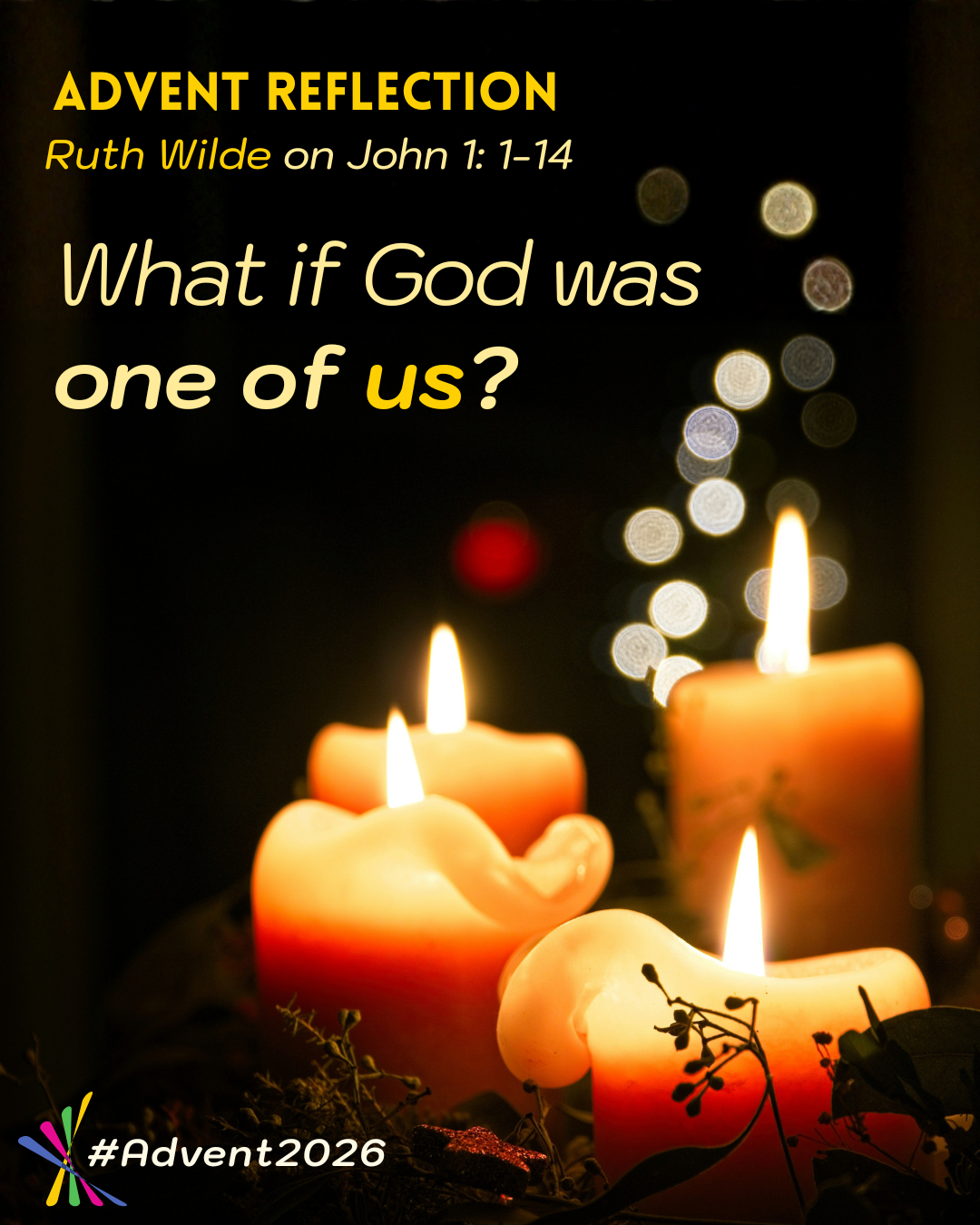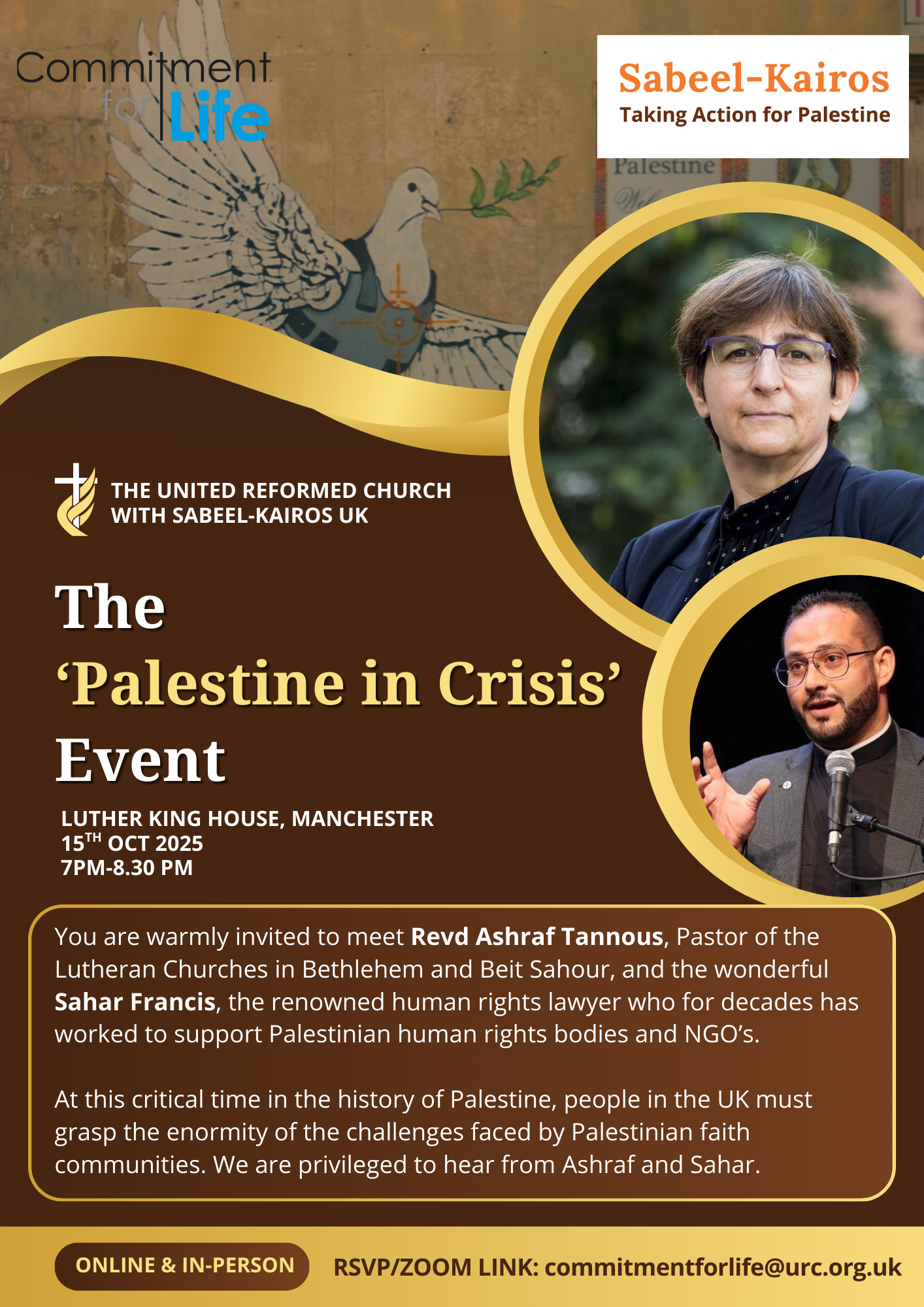One of the first things I remember about arriving as a minister in training at Northern Baptist College in 1997 was the ethos of welcome and inclusion. And whilst in some ways this was comforting and reassuring as a woman then very much in the minority in a Baptist College, it was also deeply challenging. From the in-at-the-deep-end introduction to contextual theology through walking the streets of Moss Side meeting members of the local majority Black Caribbean community; to compulsory racial justice training; to the partnerships the college then had with El Salvador and South Africa; we were continually being encouraged to examine our prejudices and our biases and ask questions of power and privilege.
Returning to the college 8 years ago as one of the co-principals I was delighted to find that the inclusive ethos was still very much alive. And in some ways, we have continued to make some progress in the journey towards becoming an anti-racist college with involvement in projects around intercultural preaching; in learning some hard lessons about my own privilege and my own white fragility through our early involvement with the Sam Sharpe Project; in continuing to emphasise diversity awareness for our ministers in training as well as in decolonising the curriculum. I love teaching modules on theologies from the majority world, social and political theologies, theologies of the body and intersectional theologies but…
… then we witnessed the murder of George Floyd beamed around the world and viewed on our smart phones and we heard the cry of protest of our Black and Brown siblings, and we realised that this isn’t enough, isn’t anywhere near enough, because we are still far and away, an overwhelmingly white college, with white staff, tutors and mostly white students, associate tutors, and governors. Picking up Layla Saad’s book, “Me and White Supremacy” was the first step in admitting that although I prided myself on being passionate about equality and justice throughout my ministry and teaching vocations, I still have a lot of work to do in becoming anti-racist personally, and in terms of us being an anti-racist college together.
So, what is our vision for becoming an anti-racist college? How are we going to overcome the paralysis of our white guilt and act? How are we going to see what hides behind our white privilege and to know what we don’t know about ourselves?
Well, I am not sure we have the answers to these questions or whether we will ever succeed in that vision to become an anti-racist college as I think overcoming systems of privilege and power that have been constructed over millennia, and are deeply embedded in our whole western mind set, might be more than a whole life’s work, but the gospel’s call “there is no longer Jew or Greek, there is no longer slave or free, there is no longer male and female; for all of you are one in Christ Jesus” has to be our starting point. So:
…I think it begins with listening, with seeking out and paying attention to the stories and experiences, the wisdom and insights of our Black and Brown siblings and privileging these
…I think it begins with authentic lament over our own silence and complicity in the distortions created by power and privilege and in seeing and naming how these have operated within our own systems and structures
… I think it begins with a commitment to widen our own networks, to seek out people who will hold us to account, so that dialogue can be empathetic, constructive and lead to change
… I think it begins with realising that we cannot deliver this vision without the investment of time and resources, knowing that these are in short supply but recognising that they must be found
… I think it begins with recognising that we cannot do this without bringing greater racial diversity to our staff team, our governors, and our associate tutors and that waiting until people retire is not an option
… I think it begins with an even deeper commitment to de-colonising the curriculum, to celebrating Black history not just during October but every day in every class
… I think it means embracing the fact that this will not necessarily make us popular or attractive because it means having difficult conversations and calling each other in
… I think it means learning from the insights of intersectionality in recognising how the complexities of a person’s social and political identity combine, leading to different experiences of discrimination and privilege, and therefore not adopting a one size fits all approach
… and I think it begins with allowing who we are and our way of being together to be disrupted and subverted, being open to challenge and change
… for becoming an anti-racist college is both following in the way of Christ and leading us towards the vision of the kin-dom of God, of God’s shalom. And if we remain true to this calling and vision then our college community should look very different in 5 years’ time.
It won’t be enough, but it will be a start…







.jpg)
